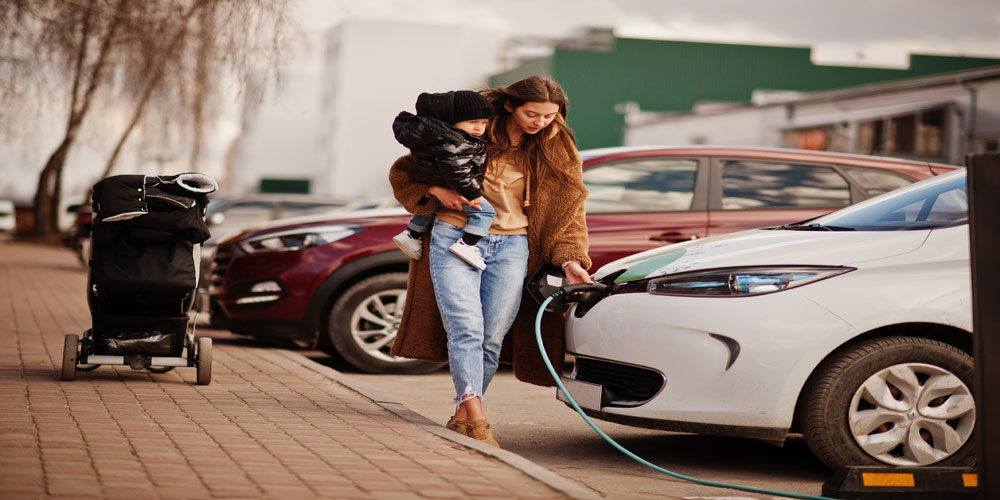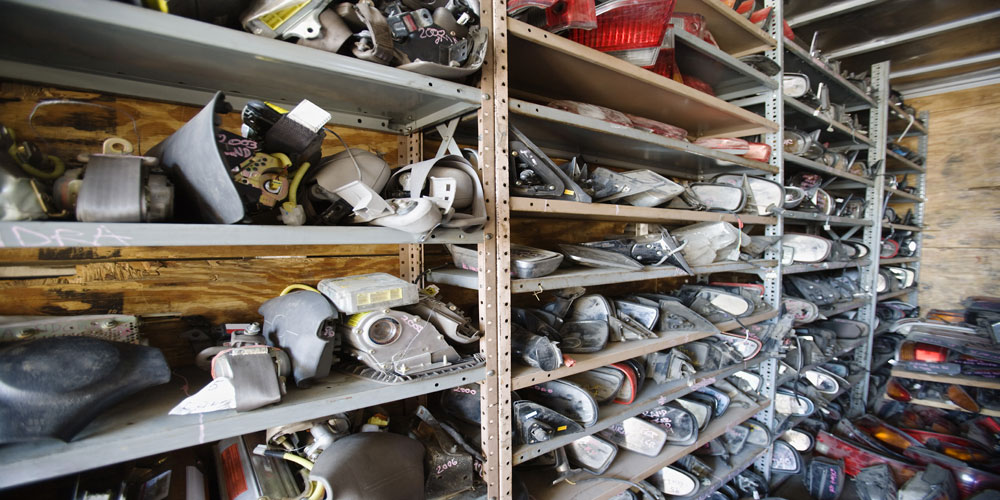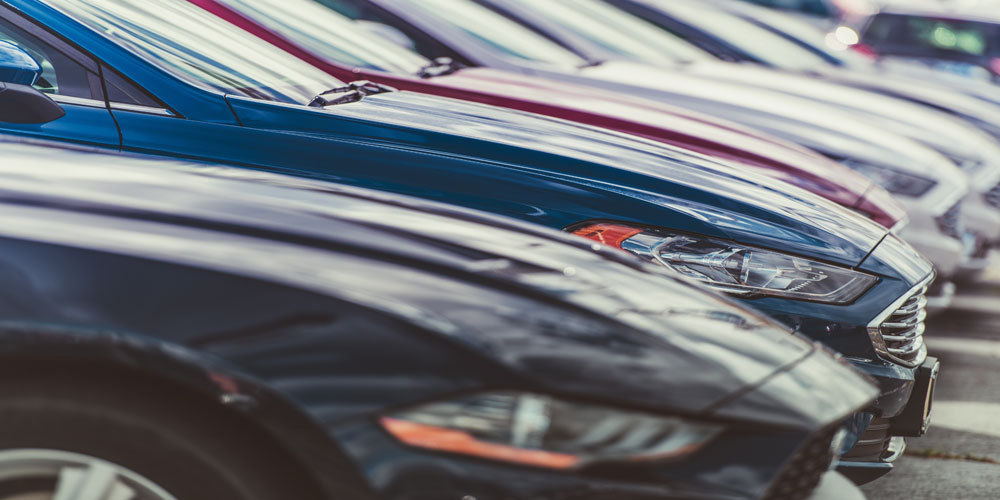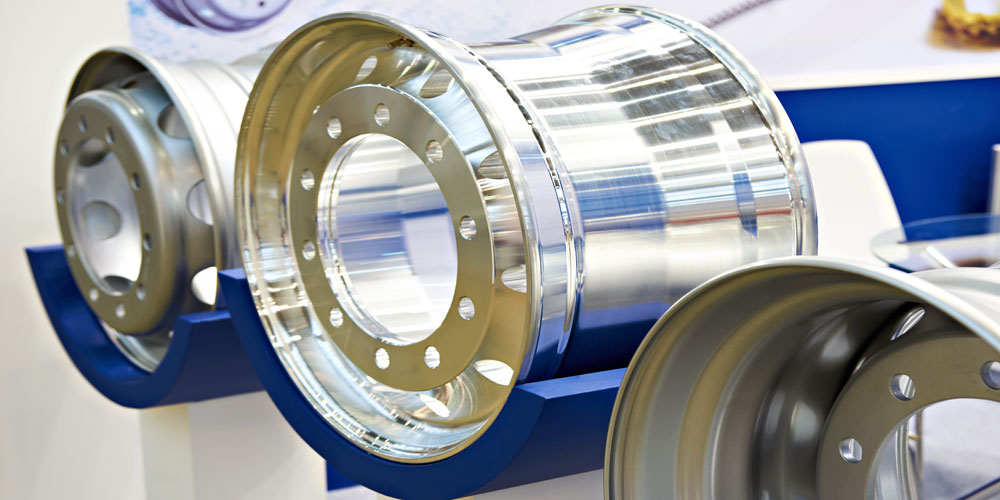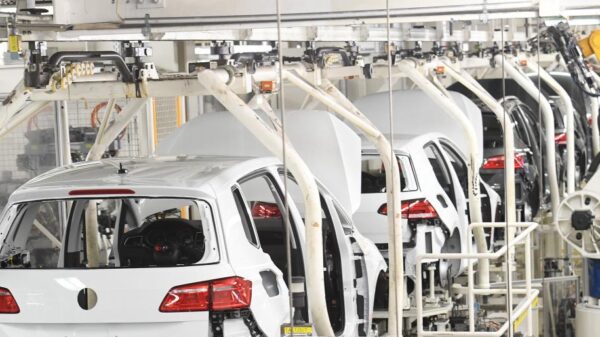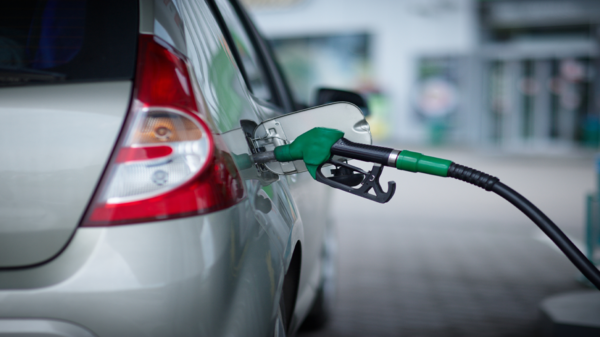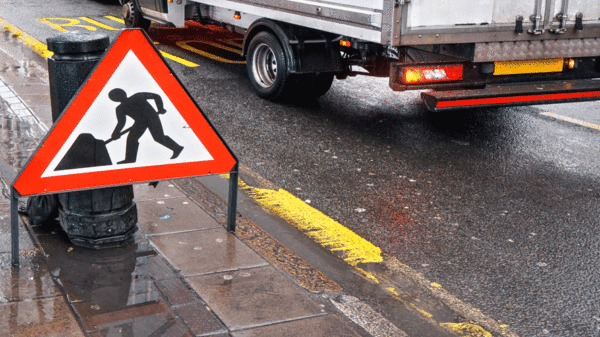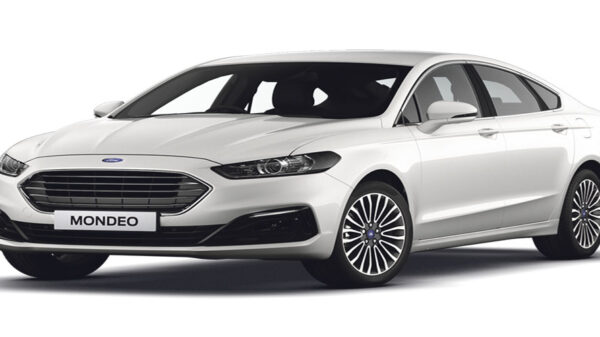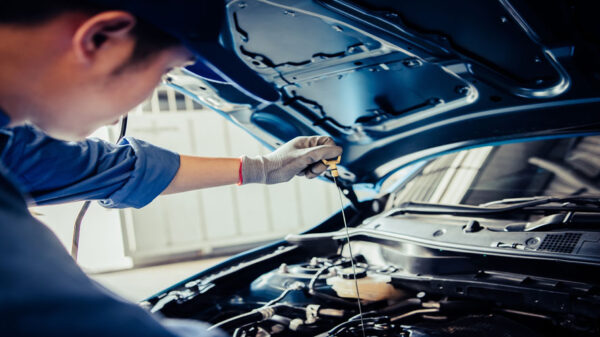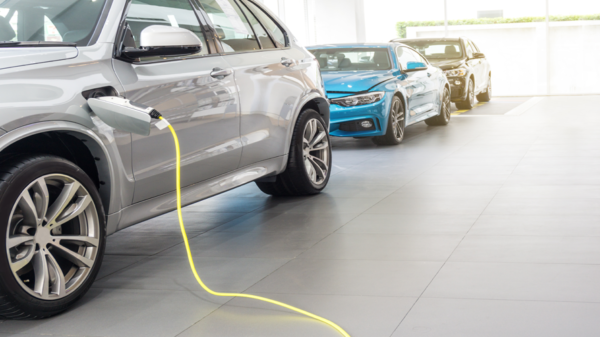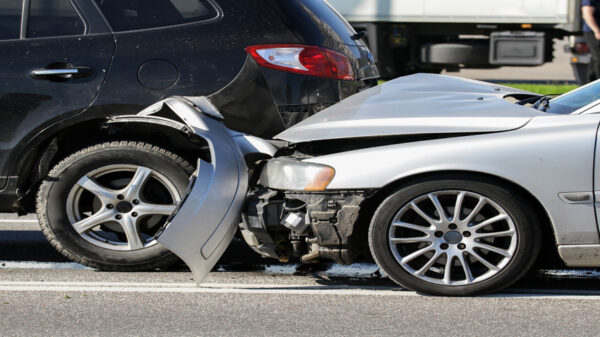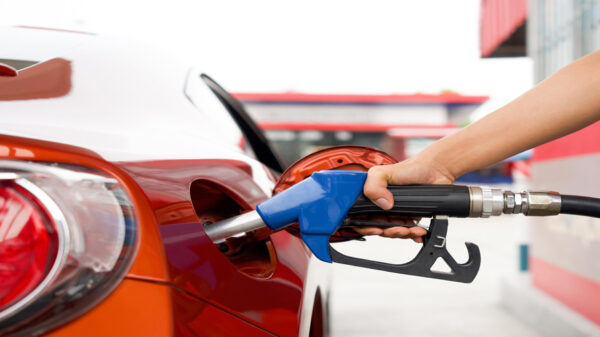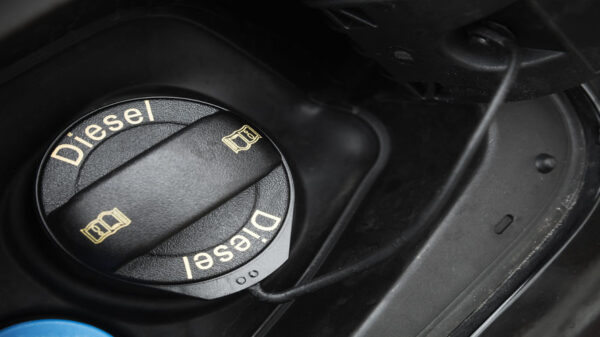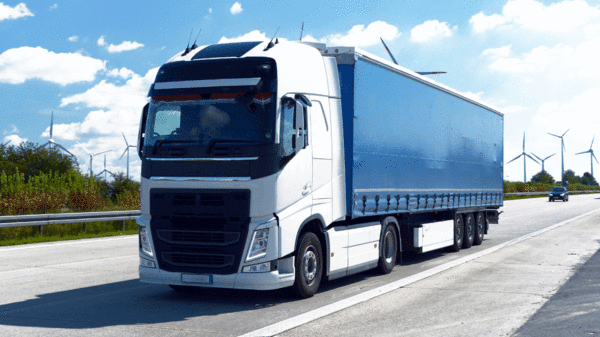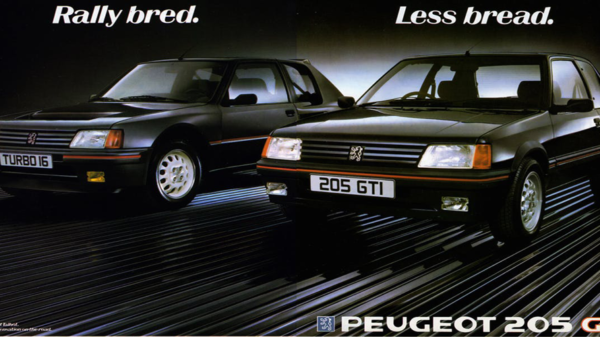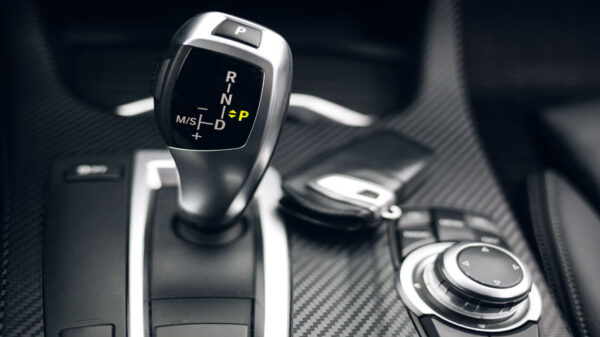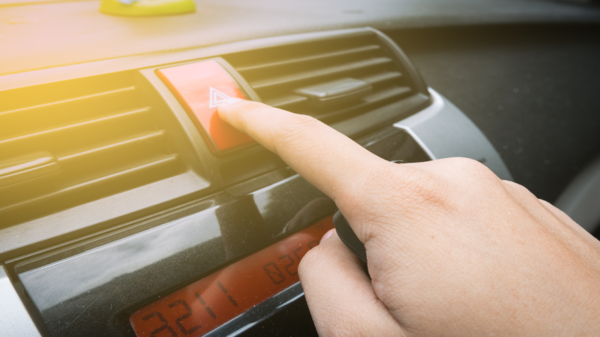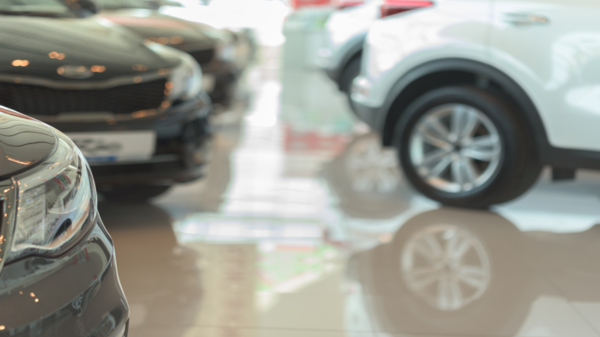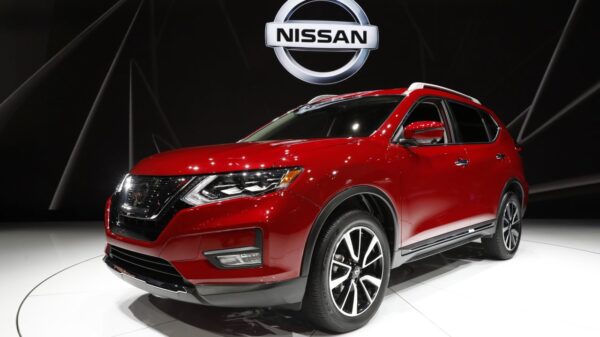Drivers Overestimate Number of EVs Running out of Charge.
99% of drivers overestimate the number of EVs running out of charge. Less than 4% of EV breakdowns in 2020 were for “out of charge”, but drivers think it was considerably more.
Almost all UK drivers overestimate the number of breakdowns as a result of problems with EV charging infrastructure and vehicle range, according to the AA on World EV Day.
In 2020, the UK’s leading breakdown provider attended around 13,000 electric vehicle breakdowns, of which just under 4% were for vehicles running out of charge. This figure has halved in the last few years.
However, only 1% of 14,500 drivers polled* could correctly estimate the infrequency of this issue, with the average guess being two thirds (65%) of all EV breakdowns due to the main driving battery running out.
The reality is that the top two breakdowns for combustion engine vehicles and EVs are the same, with tyres and the smaller 12-volt battery being the main causes of faults.
The AA is taking the opportunity to help myth-bust a common misconception on World EV Day**, to help reassure drivers that buying an EV is a reliable option.
Drivers were also asked what they believed to be the average distance an EV could travel on a single charge, with a quarter (25%) correctly identifying a range of up to 200 miles. Only one in 16 (6%) were expecting less than 100 miles from a single charge.
AA president, Edmund King OBE said; “As we fast approach the 2030 ban on new petrol and diesel sales, more drivers are thinking about electric cars.
“However, there are still concerns about the existing charging infrastructure and single-charge range. Likewise, most drivers totally over-estimate the percentage of breakdowns due to running out of charge.
“The reality is far better than drivers think, with very few EVs failing to reach a ChargePoint. In fact, EVs and combustion cars share the same top two reasons for breakdowns which are tyres and the smaller 12-volt battery.
“As more charge points, especially rapid chargers, are installed across the country the number of cars failing to reach one will further reduce, providing more confidence to drivers to help them make the switch.”


